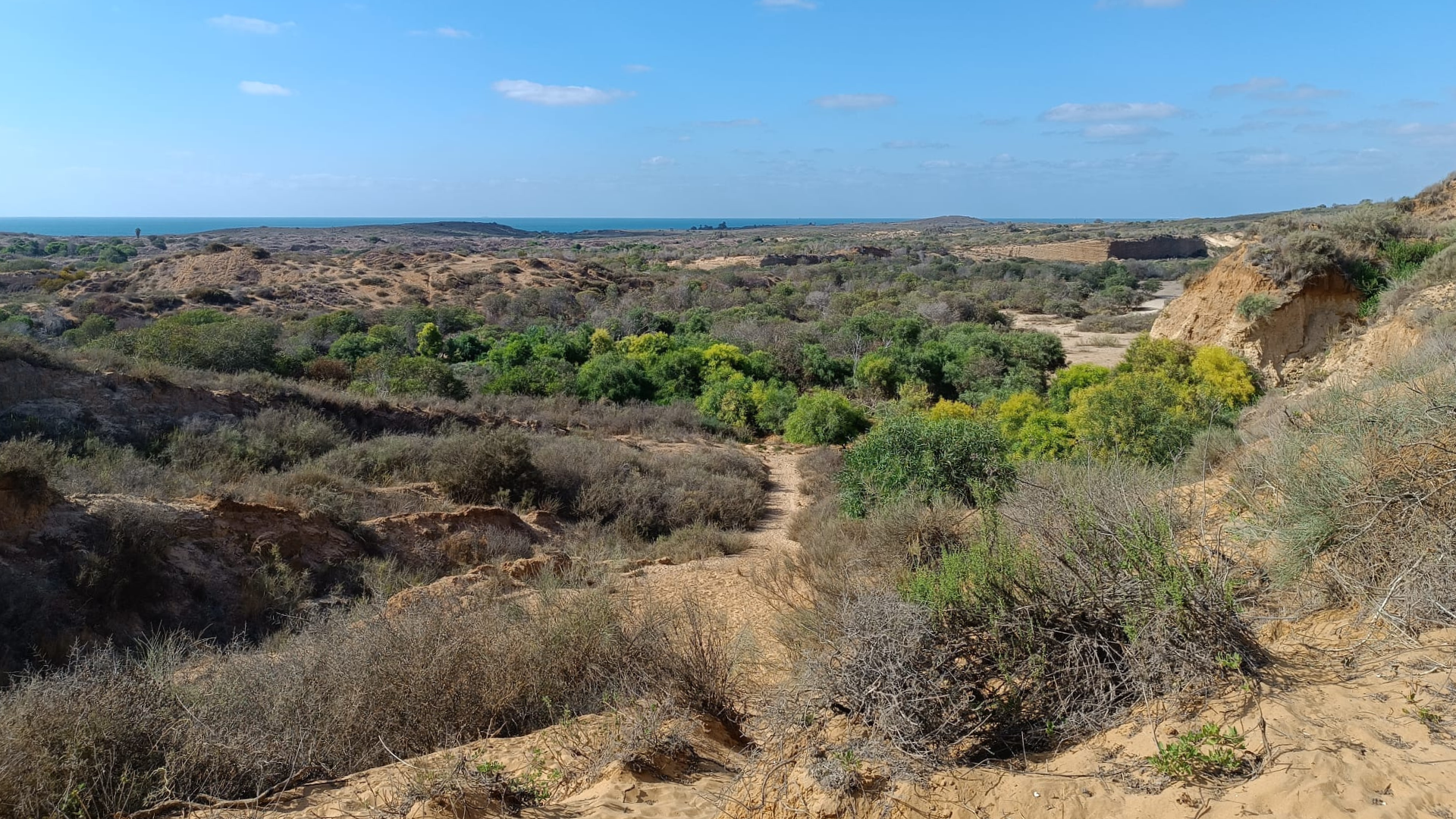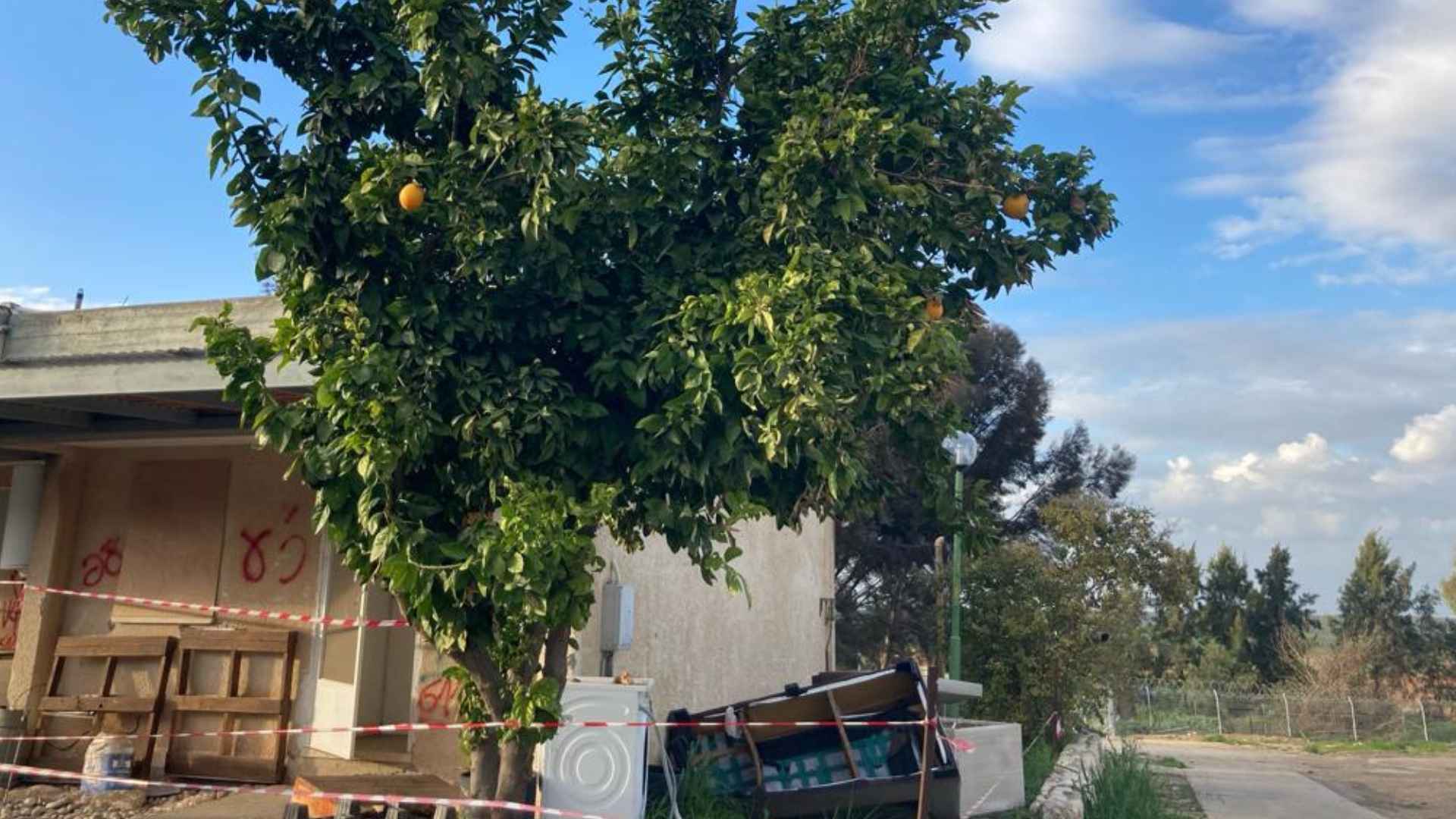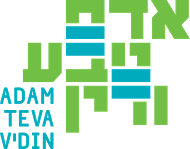Hebrew words are built upon root letters—known as a shoresh (שׁוֹרֶשׁ)—and are formed in such ways where small changes can create many different but related meanings.
Here are some important words relating to ‘Solid Waste’ to explore.
Waste
Psolet (פְּסוֹלֶת)
פ-ס-ל
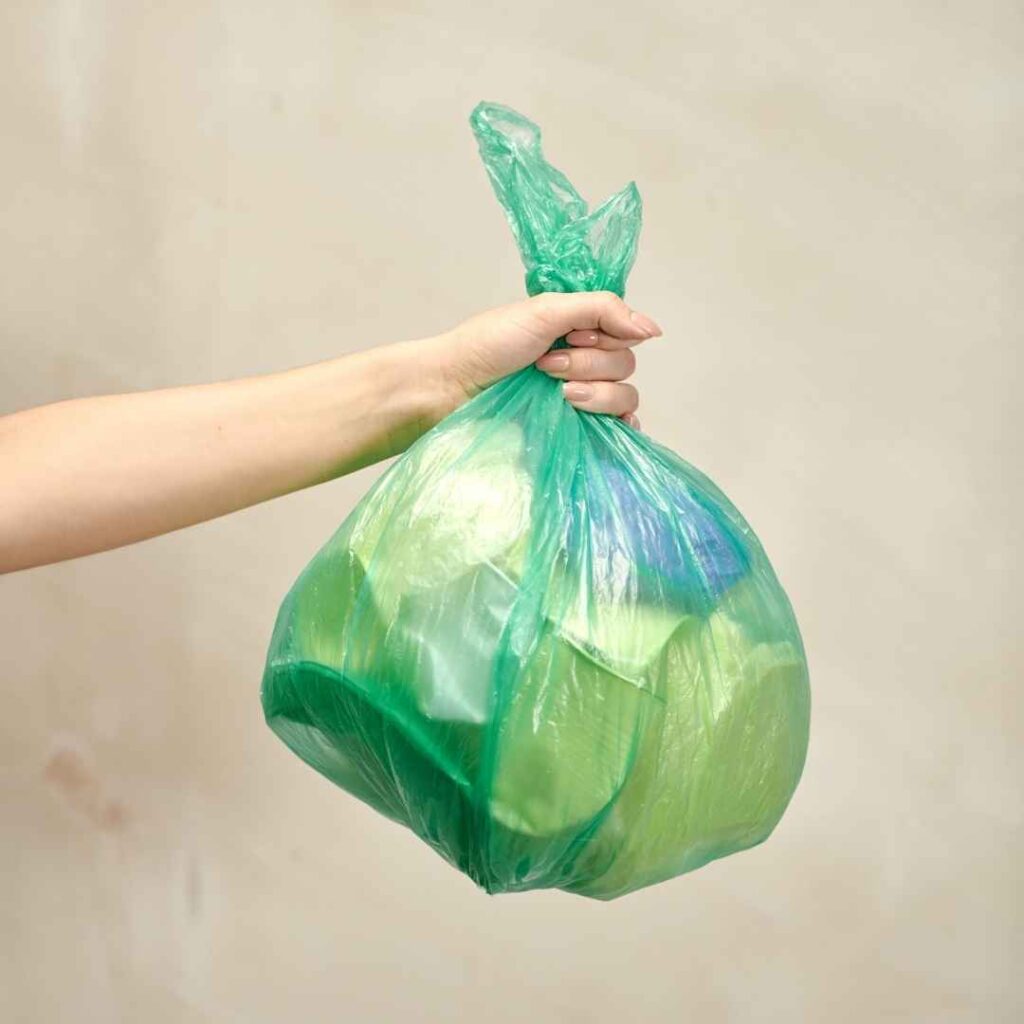
Psolet (פְּסוֹלֶת) refers to trash and discarded materials from household, community, commercial, industrial, or agricultural activities. A similar sounding word, פְּסוּל (pasool), means invalid or disqualified. Sharing that same three letter root is the word for sculpture or statue – פֶּסֶל (pesel), a sculptor is פָּסַל (pasal) and a chisel is מְפַסֶּלֶת – m’faselet.
How might the word for invalid or disqualified be connected to waste?
What possible connection is there between waste and sculpture/statue?
Activity idea – make a statue or piece of art from your household waste
Recycling
Michzur (מִיחְזוּר)
(מ-)ח-ז-ר
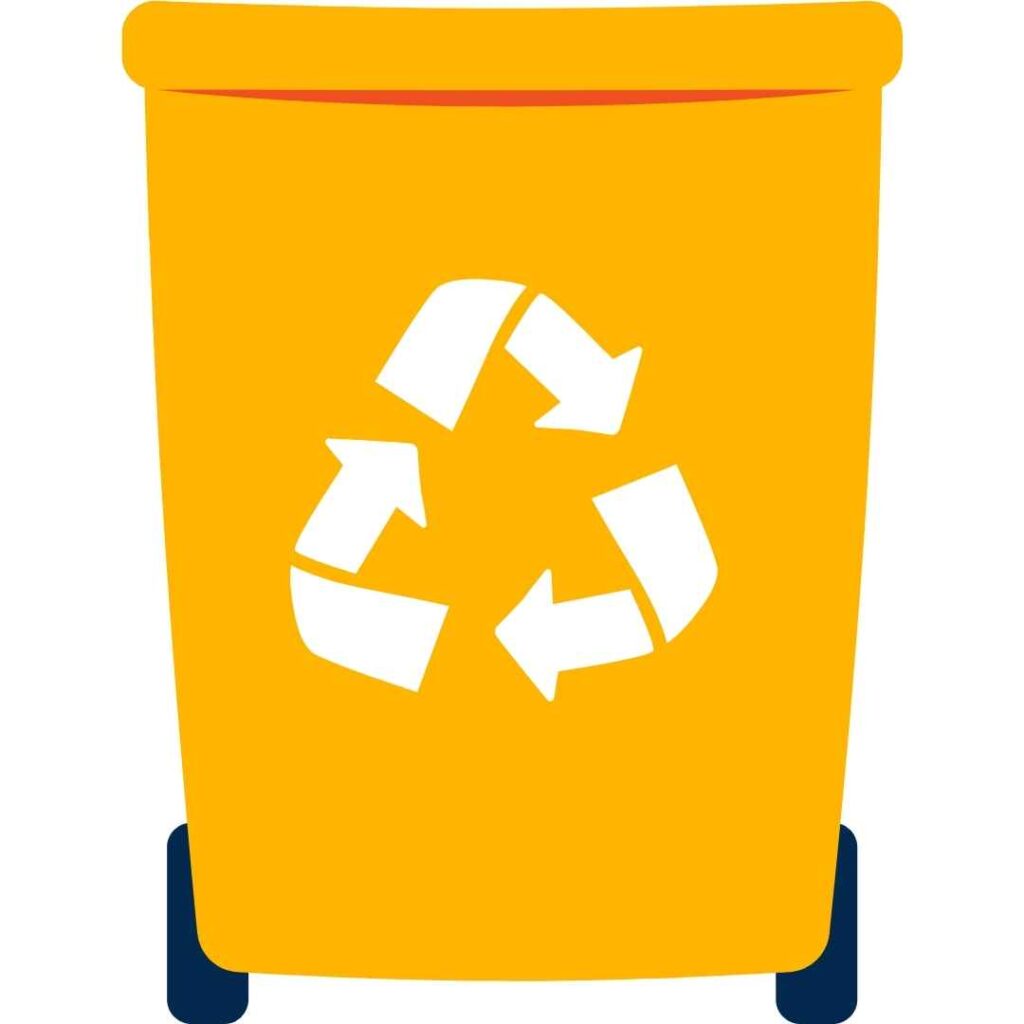
While the Hebrew word for recycling, מִיחְזוּר (michzur) or לְמַחְזֵר (l’machzer) – to recycle is fairly new and officially has a four-letter root, the word is built upon a more familiar three letter root ח-ז-ר.
לַחְזוֹר (lachzor) means to return and חֲזָרָה (chazarah) can translate to returning, repetition and rehearsal. A מַחְזוֹר (machzor) is a cycle, a (menstrual) period or cohort and a הֶחְזֵר (hech’zer) is a refund. The same root also gives the word for pig – חֲזִיר (chazir) and לְהִתְחַזֶר (l’hitcha’zer) is to eat greedily or ‘to pig out’! לְחַזֵּר (l’cha’zer) means to court or woo someone, and חַזֶּרֶת (cha’zeret) is both horseradish and the mumps.
What is the connection between recycling and returning / repeating / rehearsing?
What might be the link between returning and a pig or ‘pigging out’?
Is there a connection between ‘recycling’ and courting or wooing someone?
Activity idea – create a reusing or recycling initiative to start in your home / school / community / workplace.
Landfill
Matmana (מַטְמָנָהָ)
מ-ט-נ
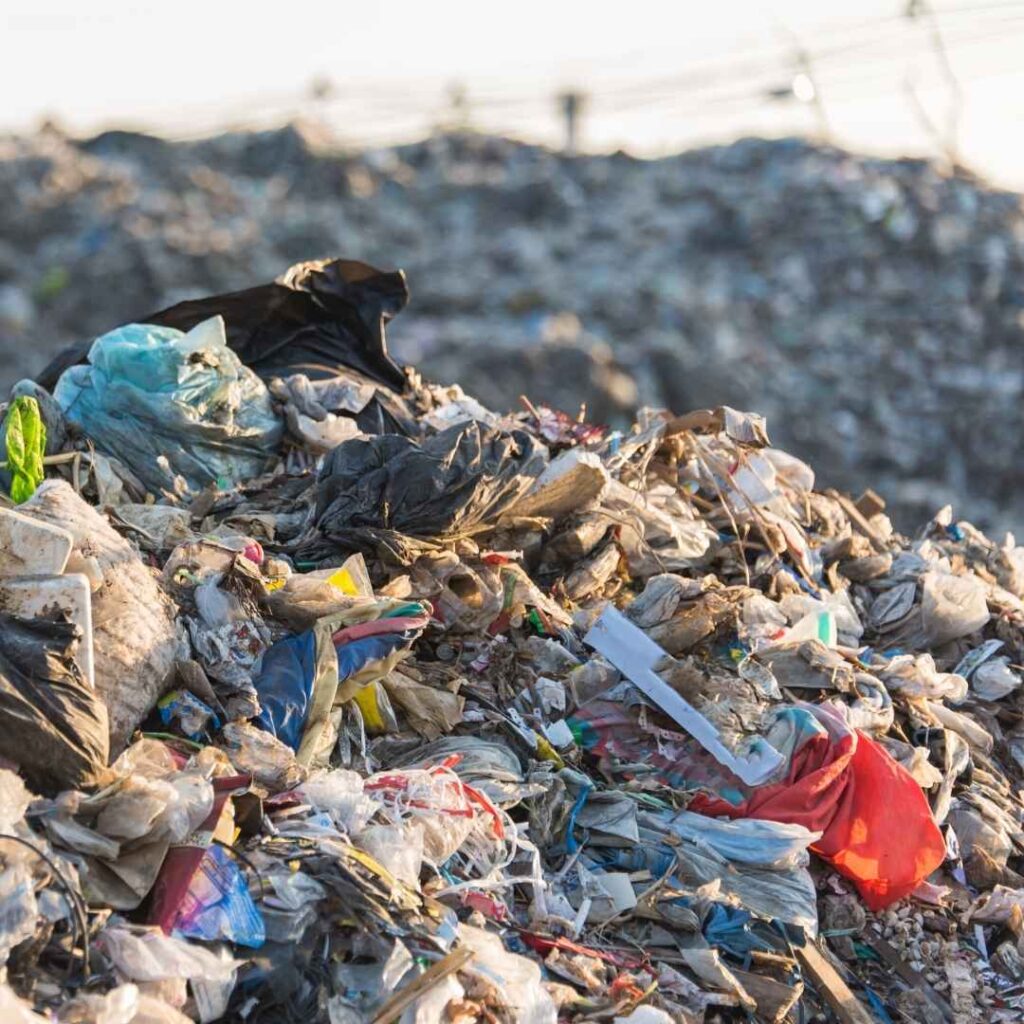
A landfill or מַטְמָנָהָ (matmana) is a place to dispose of solid waste, though many of them are illegal and polluting. The same root letters make the word לִטְמוֹן (litmon), to bury, and לְהִטָּמֵן (l’hitamen), to be buried. The word for to plant or to hide is לְהַטְמִין (l’hatmin) and טָמוּן (tamoon) means hidden or concealed. Sharing the same root is also the word for treasure, מַטְמוֹן (matmon).
Why does it make sense that the Hebrew words for landfill and to bury have the same root?
What connection could there be between landfills and treasure?
Other important Hebrew ‘solid waste’ words to know (that don’t share a root with other words):
A bottle is בַּקְבּוּק (bakbook) – this word is great as it is onomatopoeic
Plastic is just like the English word, פְּלַסְטִיק (plastic)
A bag is שַׂקִּית (sakit)
Trash is זֶבֶל (zevel)
Disposable is חַד-פַּעֲמִי (had-pa’amee), which literally means single use – because is anything really disposable?


